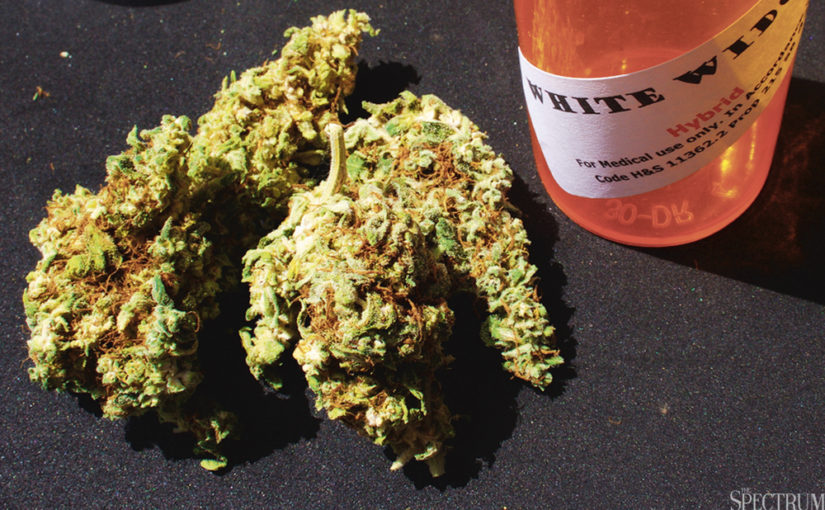On Thursday, Jan. 4, U.S. Attorney General Jeff Sessions announced his decision to rescind Obama-era policies at the Department of Justice that discouraged federal prosecutors from pursuing marijuana cases in states where the substance is legal, whether the purpose is medicinal or recreational.
Sessions, in a statement last Thursday, said, “It is the mission of the Department of Justice to enforce the laws of the United States, and the previous issuance of guidance undermines the rule of law and the ability of our local, state, tribal, and federal law enforcement partners to carry out this mission.” Sessions is referring to the “guidance” issued in a 2013 memo from James Cole, who was then Deputy Attorney General. Sessions said in his statement that it is the role of prosecutors to “follow the well-established principles that govern all federal prosecutions.”
The use of medical marijuana was approved during the 2016 elections as a ballot measure with 64 percent, before state legislators took over to adjust the policy during the 2017 legislative session, passing the approved bill to Gov. Burgum for his signature. With the announcement from the Department of Justice, the future of North Dakota’s medical marijuana program remains unclear.
The interim Medical Marijuana Director, Jason Wahl, with the state Department of Health said, “Right now, at this point in time, we are continuing to work on implementing the medical marijuana program as required under state law.” Wahl further said that the department will have to consult legal counsel to determine the effects of Sessions’ memo.
The U.S. Attorney for North Dakota, Chris Myers, expressed that it’s hard to tell and too soon to determine the affect that Sessions’ decision might have on North Dakota’s law. Myers said, “I can’t speculate on what might happen down the road because we don’t have any certainty as to how the state is going to set up and implement that program.” Myers would take his direction from Attorney General Sessions when addressing and prosecuting marijuana usage in North Dakota.
Dr. Nicholas Bauroth, professor of political science at NDSU, said, “Until the federal government makes a move, I don’t think the decision to roll back those rules will make much of a difference.” Bauroth also noted that because the state has been “dragging their feet to implement this policy, Sessions’ actions could be used as a justification to go even slower.”
“However, should the federal government make an actual move against the states that allow medical and recreational use via raids or criminal prosecutions, then all bets are off,” Bauroth said.
Senators John Hoeven (R-ND) and Heidi Heitkamp (D-ND), have expressed concern and criticism for the Attorney General’s decision, issuing statements that said that North Dakotans have made up their minds and made their voices heard on the issue of medical marijuana use and that the federal government should respect state’s rights to determine the role of marijuana.
Rep. Kevin Cramer (R-ND) said the Attorney General’s decision raises “the bigger issue, and that is Congress should act on this and make it clear that … this is a states’ rights issue, that it should be up to states to determine whether they want to allow marijuana.”
Gov. Burgum did not express concern over the Attorney General Sessions decision, noting that “North Dakota voters have spoken” on whether medical marijuana should be legal.
